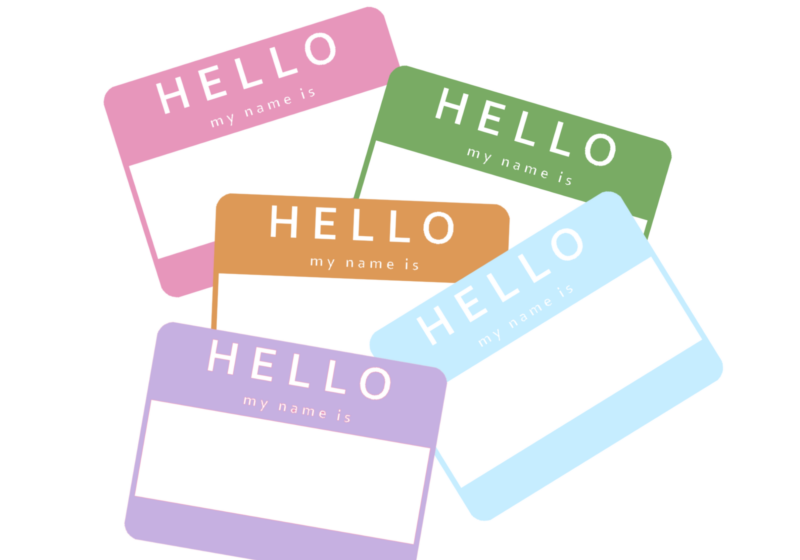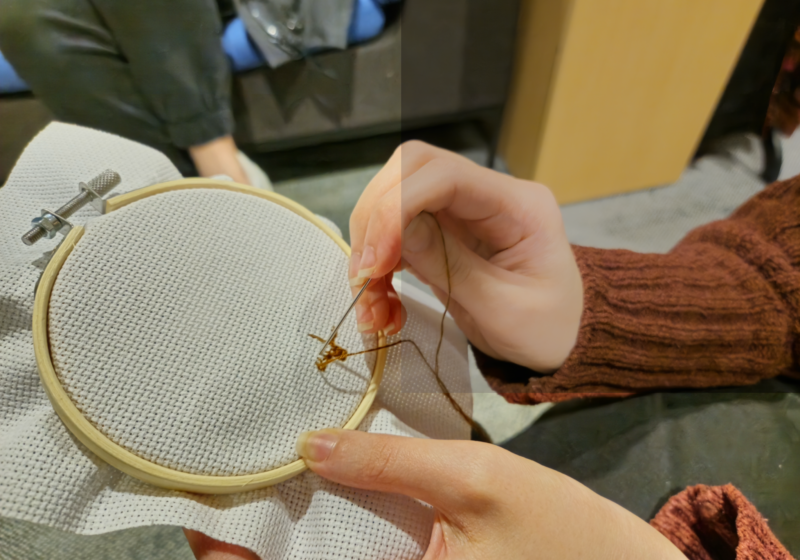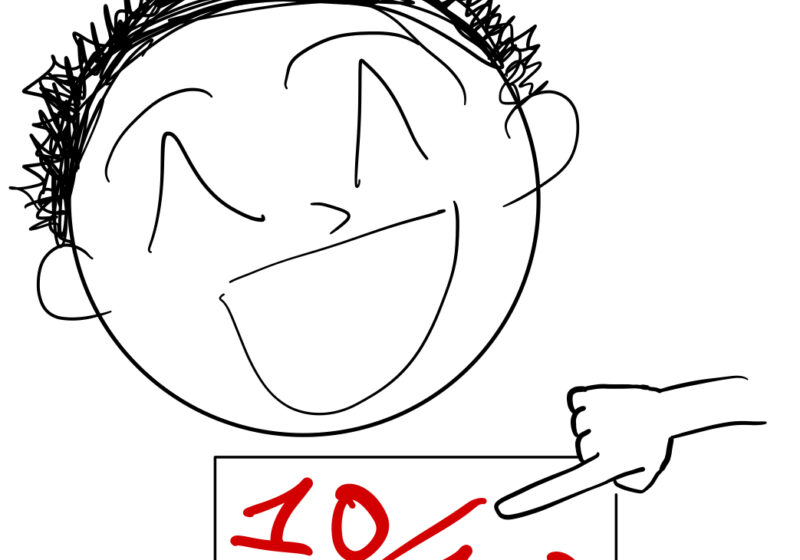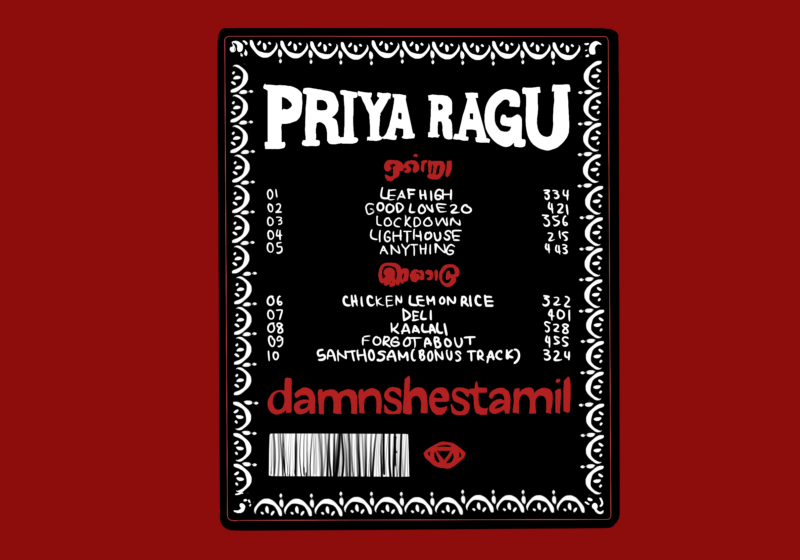Your teacher is calling for the class’ attention. You turn to the front of the class. It’s time for attendance to be taken, and your teacher is quick to announce, “Please correct me if I get your name wrong. I’m pretty bad at names.”
They go through name after name, with a few interjections from students here and there. You’re waiting for your turn. You know it’s coming up next. A correction is on the tip of your tongue, but there’s only a pause. The teacher says nothing. They squint at the paper and look around: “Alright, I’m not gonna even try this one, just go ahead and raise your hand.”
My name is not something I think about often, and incidents like the one I detailed don’t matter much to me in the grand scheme of things. However, having a non-American name in America has definitely impacted my sense of identity over the years. It has shaped others’ perceptions of me. Yet, I have never gotten any opportunities to voice my own opinions about myself or my name. So, here is my attempt to grant myself that opportunity.
My name is Adya — a name composed of four letters, and with several definitions across a variety of cultures. I was specifically named after a synonymous name for Goddess Durga, a symbol of unparalleled power in Hinduism. I greatly appreciate the meaning behind my name, both in terms of how it empowers me and connects me to my cultural background.
Yet, there are those who would claim I am westernized and am disrespecting my culture simply because I purposely mispronounce my name when I introduce myself to others — as if in some sort of attempt to assimilate, to shed my identity, I have decided to rebrand my name as “American-friendly.” But that is not the case.
The way my name is pronounced is not easily replicated by English speakers, particularly American English speakers. Phonetically, it would be pronounced “AH-DEE-YA,” with an emphasis on the first A and a soft “D” sound that does not come naturally to most people I meet. Even with practice, people are unable to replicate the pronunciation, so instead I offer them a version they can comfortably say. I do that because at least that way, I still get control over how my name is still being said. Otherwise, I’m forced to encounter abominable variations of my name that turn it into something ugly — something I don’t want to be called.
On the other hand, there are lazy people out there who see an arrangement of letters they don’t recognize and give up immediately. I personally see no issue in getting it wrong the first time; as long as you tried to properly sound out the letters, I am happy to correct you. But those who don’t try, don’t ask, or create their own name altogether make me wonder: how much effort does it take to respect someone enough to learn their name?
This lack of effort extends past just learning my name, too. I have to try harder to be acknowledged in group settings, both academically and socially. Of course, there are multiple factors that go into this, but this has been a recurring pattern over the years, pointing to a strong correlation between this phenomenon and my name. No matter how much I try to participate or make myself stand out, I see students with more common names be deemed more memorable, even if they only make half the attempt I do.
This is far from me complaining about these circumstances. This is simply the reality of having a non-American name in the U.S. My only intention is to bring attention to this culture of feigning incompetence and a general narrow-mindedness when it comes to ethnic names. I’m glad to have had this set of experiences because they have pushed me to become more aware of accidentally treating others in the same way. They have also taught me that how I choose to present my name and thus shape my identity is entirely up to me, regardless of how others may interpret or respond to my decisions.
A name is only what you make it out to be. At the end of the day, my name and the various connotations and experiences associated with it only define me to the extent I allow them to.




